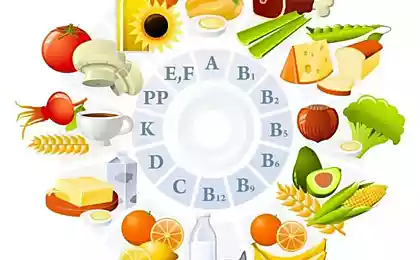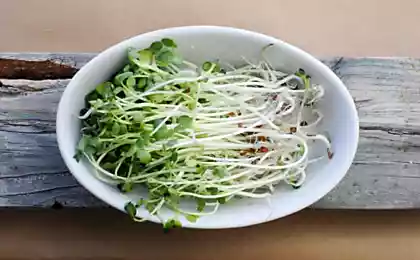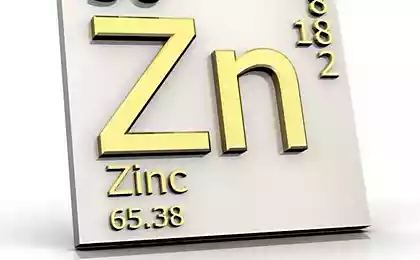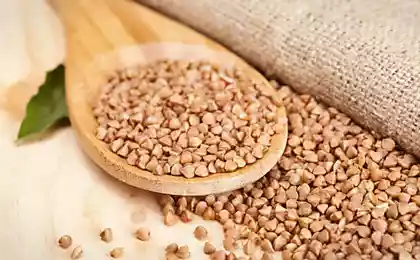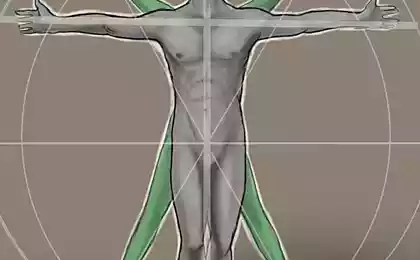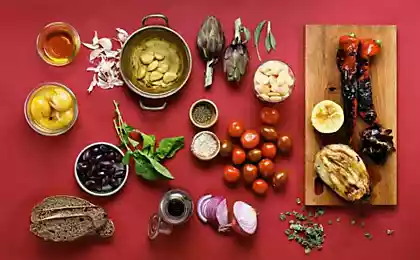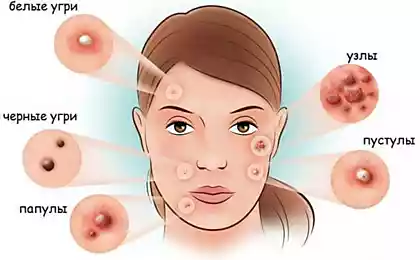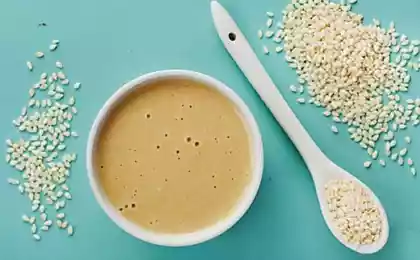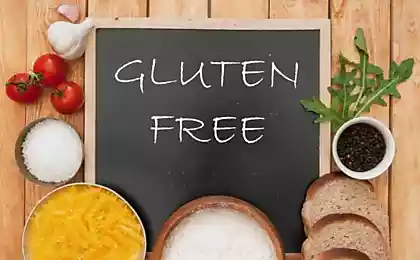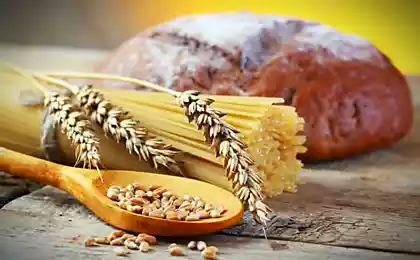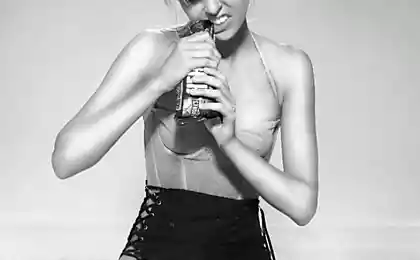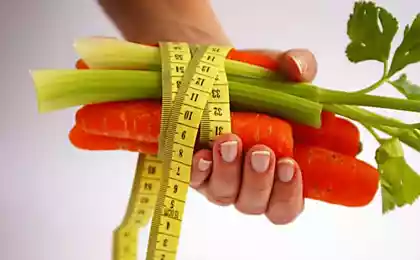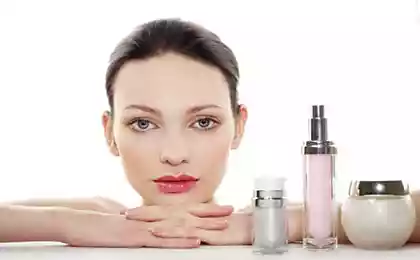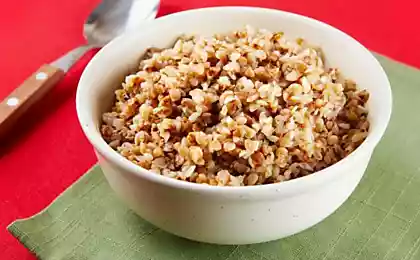525
Diet for beautiful skin
The principle of the diet is very simple – an introduction to the daily diet of foods that contain certain elements – vitamins and minerals for beauty and cleanse your skin.
Vitamin A
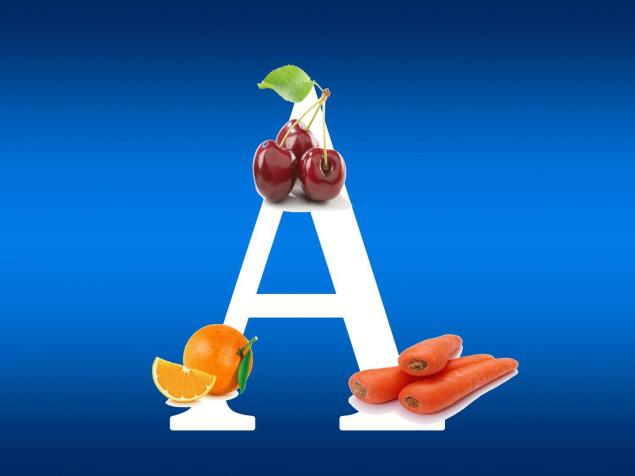
Vitamin a is one of the most necessary skin elements. Vitamin a is involved in the process of swelling of the Horny layer of the skin keratosis. Its deficiency is always accompanied by dry skin: it flakes, coarse. The lack of vitamin And become dry and brittle nails, quickly formed blisters, hair falls out, lose its luster, looks dry, dandruff appears.
Vitamin a contained in animal fats: butter, cod liver oil, beef and pork liver, egg yolk. Carrots, beets, onions, apricots and other fruits have provitamin a -carotene, which the body converts into vitamin A. — Carotene is fat-soluble, so if you make a salad of carrots or beets to absorb carotene, you should add sour cream.
The therapeutic daily dose of vitamin A, which doctors usually prescribed for dryness and other changes of the skin, nails and hair — 2 tablespoons of fish oil. The same amount of vitamin A contained in 100 g of liver, 300 g carrots, or 100 grams of dried apricots.
Vitamin E (Tocopherol)
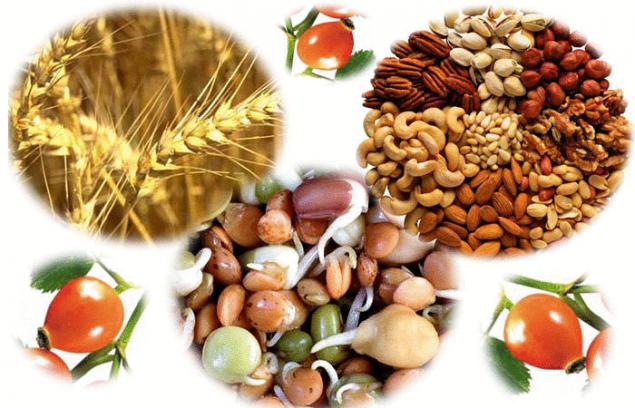
This vitamin is important for proper metabolism, and hence to the skin look young and healthy. Vitamin E helps to eliminate irritation, activates the regenerative processes in the skin. It is especially necessary in the summer, during high solar activity, preventing exposure to direct sunlight, which can cause skin problems. Vitamin E is most effective in amounts of 60-100 mg per day.
Sources of vitamin E: sunflower seeds, corn oil, almonds, peanuts, spinach, beets, brown rice, green parts of plants, young sprouts of cereals.
Zinc and selenium
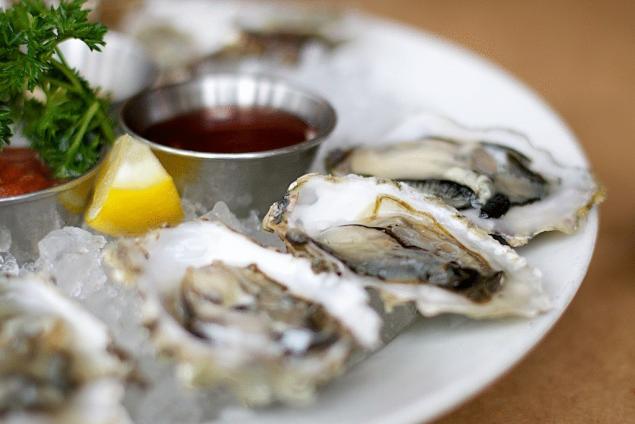
Zinc and selenium — is a universal antioxidants. They are necessary for growth of hair and nails, healing wounds, improves metabolic processes in the skin and slow the aging process.
Zinc is found in oysters, lean beef, milk, almonds, peanuts, pumpkin seeds, green leafy vegetables.
Selenium-rich cereals, sunflower seeds, seafood, eggs, wheat bran, tomatoes, mushrooms, garlic.
B vitamins
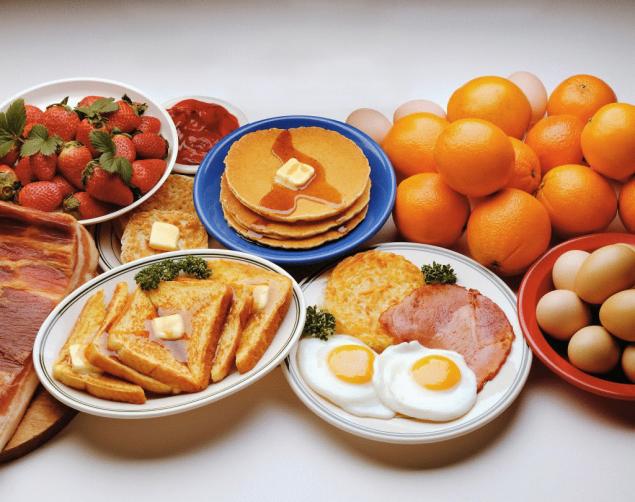
Vitamin b 1 — thiamine. Regulates carbohydrate metabolism in the body, the nervous system and the gastrointestinal tract, tones up the tissue.
It is contained in milk, beef, pork, liver, kidney, heart, green peas, potato, bread from a rye flour. A particularly high content of thiamine in fresh beer and Baker's yeast and wheat bran.
Vitamin b 2 — Riboflavin. Without this vitamin and there can be no question about healthy and beautiful skin. Riboflavin is involved in carbohydrate metabolism, digestion and the formation of proteins and fats. It gives the skin a healthy and fresh look.
The daily dose of this vitamin is 2-3 mg per day, but if your work is connected with constant voltage of view, the daily dose of Riboflavin for you some above.
Riboflavin-rich dairy and dairy products, especially yogurt. And also: chicken meat, beef, lean pork, fish (cod, herring, mackerel), vegetables (peas, spinach, cauliflower, green onions, dill). 100 g of beef liver for dinner, allow the body to 150% of the norm of this vitamin. Riboflavin almost does not accumulate in the body, so rich foods, they should appear on our table every day.
Vitamin B6 — pyridoxine. It is no less important for health than the other b vitamins Pyridoxine tones the nervous system, is important for protein metabolism, is involved in redox processes. A lack of vitamin B6 can cause dermatitis.
Pyridoxine is contained in the liver of a young lamb, milk, potatoes, carrots, cabbage, watermelon, musk melon, bananas, avocado, soy, figs, raisins. This substance is rich in brewer's yeast, egg yolk, soybean oil, oat flour, brown rice, wheat grain, green vegetables. The optimal amount of 1-2 mg per day.
Before you change your usual diet, you need to find out how much your body needs of certain vitamins and elements.
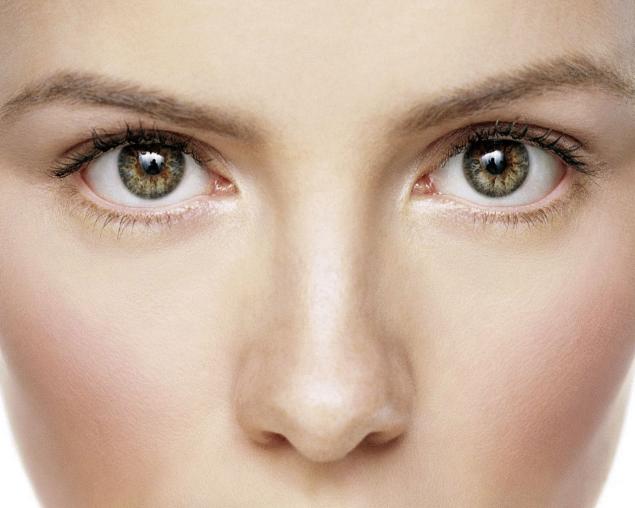
So, signs of hypovitaminosis are:
Source: /users/104
Vitamin A

Vitamin a is one of the most necessary skin elements. Vitamin a is involved in the process of swelling of the Horny layer of the skin keratosis. Its deficiency is always accompanied by dry skin: it flakes, coarse. The lack of vitamin And become dry and brittle nails, quickly formed blisters, hair falls out, lose its luster, looks dry, dandruff appears.
Vitamin a contained in animal fats: butter, cod liver oil, beef and pork liver, egg yolk. Carrots, beets, onions, apricots and other fruits have provitamin a -carotene, which the body converts into vitamin A. — Carotene is fat-soluble, so if you make a salad of carrots or beets to absorb carotene, you should add sour cream.
The therapeutic daily dose of vitamin A, which doctors usually prescribed for dryness and other changes of the skin, nails and hair — 2 tablespoons of fish oil. The same amount of vitamin A contained in 100 g of liver, 300 g carrots, or 100 grams of dried apricots.
Vitamin E (Tocopherol)

This vitamin is important for proper metabolism, and hence to the skin look young and healthy. Vitamin E helps to eliminate irritation, activates the regenerative processes in the skin. It is especially necessary in the summer, during high solar activity, preventing exposure to direct sunlight, which can cause skin problems. Vitamin E is most effective in amounts of 60-100 mg per day.
Sources of vitamin E: sunflower seeds, corn oil, almonds, peanuts, spinach, beets, brown rice, green parts of plants, young sprouts of cereals.
Zinc and selenium

Zinc and selenium — is a universal antioxidants. They are necessary for growth of hair and nails, healing wounds, improves metabolic processes in the skin and slow the aging process.
Zinc is found in oysters, lean beef, milk, almonds, peanuts, pumpkin seeds, green leafy vegetables.
Selenium-rich cereals, sunflower seeds, seafood, eggs, wheat bran, tomatoes, mushrooms, garlic.
B vitamins

Vitamin b 1 — thiamine. Regulates carbohydrate metabolism in the body, the nervous system and the gastrointestinal tract, tones up the tissue.
It is contained in milk, beef, pork, liver, kidney, heart, green peas, potato, bread from a rye flour. A particularly high content of thiamine in fresh beer and Baker's yeast and wheat bran.
Vitamin b 2 — Riboflavin. Without this vitamin and there can be no question about healthy and beautiful skin. Riboflavin is involved in carbohydrate metabolism, digestion and the formation of proteins and fats. It gives the skin a healthy and fresh look.
The daily dose of this vitamin is 2-3 mg per day, but if your work is connected with constant voltage of view, the daily dose of Riboflavin for you some above.
Riboflavin-rich dairy and dairy products, especially yogurt. And also: chicken meat, beef, lean pork, fish (cod, herring, mackerel), vegetables (peas, spinach, cauliflower, green onions, dill). 100 g of beef liver for dinner, allow the body to 150% of the norm of this vitamin. Riboflavin almost does not accumulate in the body, so rich foods, they should appear on our table every day.
Vitamin B6 — pyridoxine. It is no less important for health than the other b vitamins Pyridoxine tones the nervous system, is important for protein metabolism, is involved in redox processes. A lack of vitamin B6 can cause dermatitis.
Pyridoxine is contained in the liver of a young lamb, milk, potatoes, carrots, cabbage, watermelon, musk melon, bananas, avocado, soy, figs, raisins. This substance is rich in brewer's yeast, egg yolk, soybean oil, oat flour, brown rice, wheat grain, green vegetables. The optimal amount of 1-2 mg per day.
Before you change your usual diet, you need to find out how much your body needs of certain vitamins and elements.

So, signs of hypovitaminosis are:
- acne and red spots on face - a deficiency of vitamins of group In and vitamin A;
- dermatitis - lack of vitamins B2, B3, B6;
- eczema - can help the b vitamins and vitamin a;
- long not healing wounds - requires additional intake of vitamins K, C and D;
- seborrheic diseases - deficiency of vitamins and selenium;
- long time passing bruises(if they are formed even with a little pressure on the fabric) - it is necessary to replenish vitamin C and rutin.
Source: /users/104


